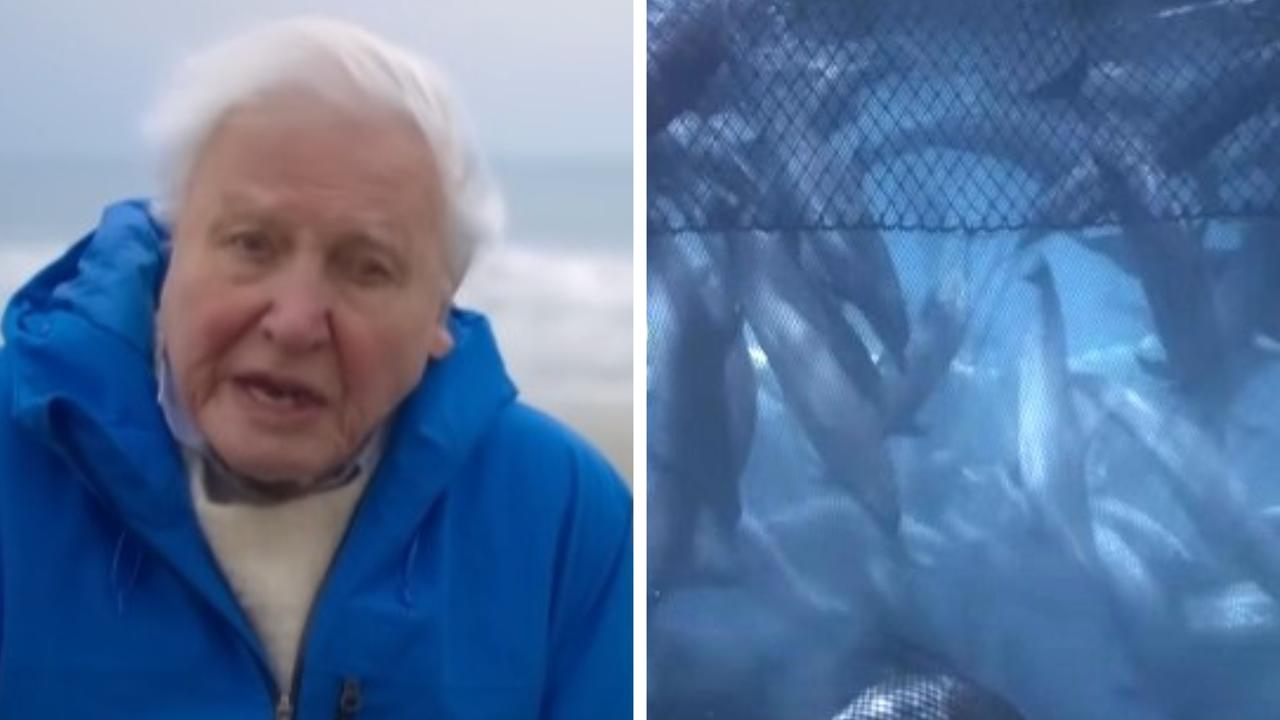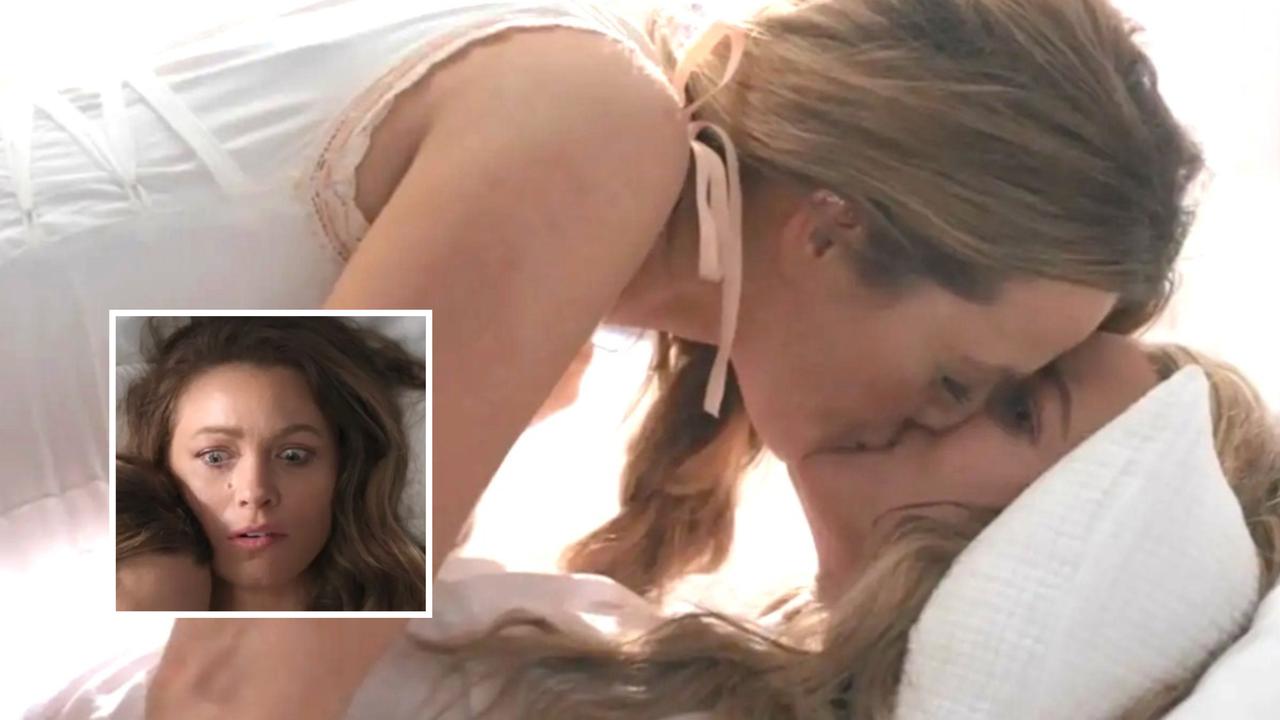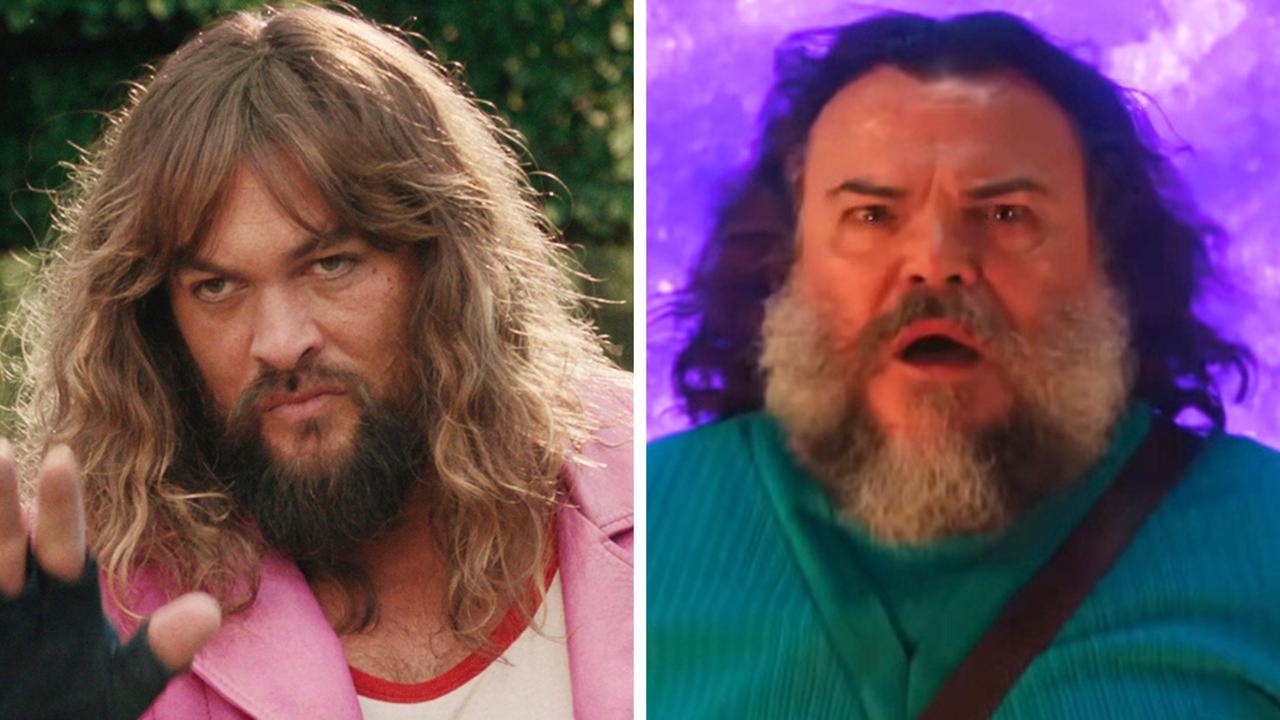Alan Ball on how his own painful experiences forged his new film, Uncle Frank
Oscar and Emmy winner Alan Ball drew from his own personal and family experiences for his latest film, Uncle Frank.

Writer and director Alan Ball is used to telling stories about American families.
Whether it’s the Fishers and their repressed grief in Six Feet Under, the emotional breakdown of the Burnhams in American Beauty or the secrets of the Stackhouses in True Blood, Ball has written vividly about anxieties and dysfunction within the family unit.
Then the Oscar and Emmy winner turned the mirror on himself and his kin.
Uncle Frank is Ball’s latest work, a feature film that premieres today on Amazon Prime. Starring Paul Bettany, the 1970s-set drama is centred on a New York college professor who must reckon with his identity as a gay man, and what that might mean to his judgmental Southern family.
The film is stylish and warm but also raw, the open emotional wounds of the on-screen Frank so resonant for many viewers. That authenticity and pain comes from Ball’s own life.
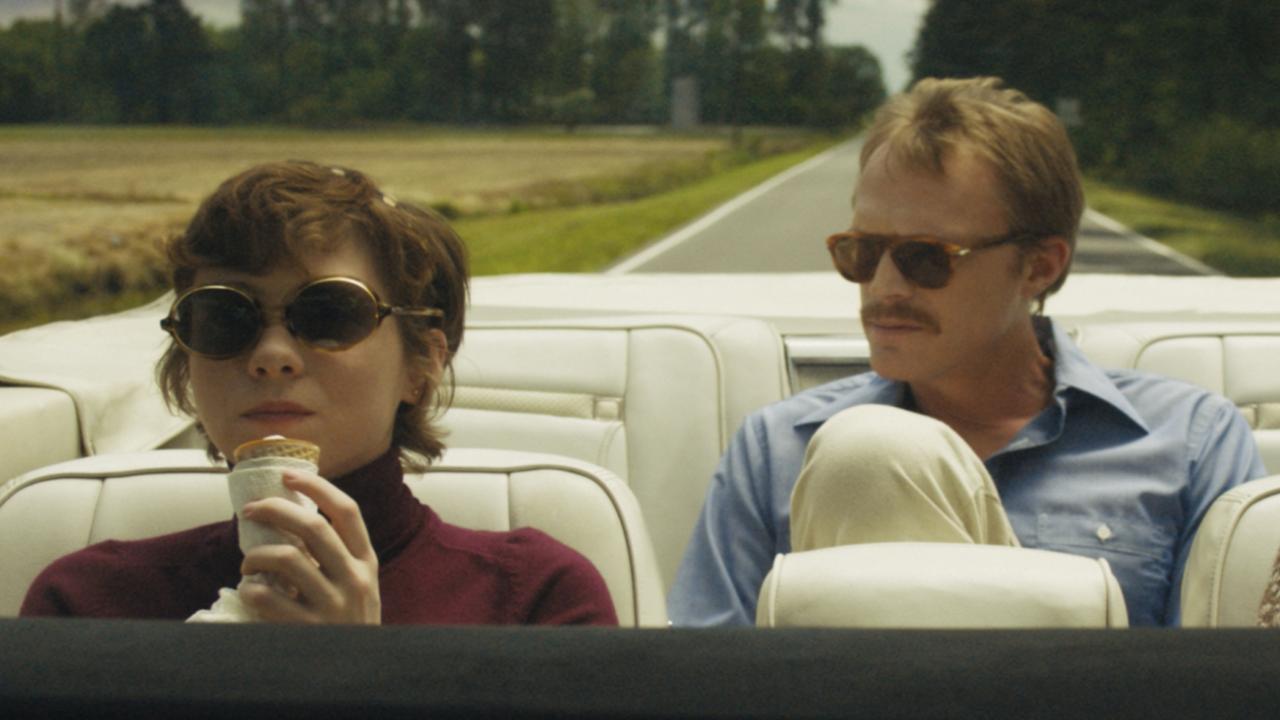
“It’s easily the most personal thing I’ve ever made,” he tells news.com.au.
Ball, born in Georgia in 1957, says he “certainly mined my own experience and my own history and my family history” to craft Uncle Frank, which is named after his father, Frank Ball.
“I grew up in a small town in the South, but mostly the genesis of the movie is that 30 years ago, I came out of the closet to my mother and she surprised me by saying, ‘Well, I blame your father for this because I believe he was that way too’.
“I don’t know if that’s even true or not because he was already dead at the time. But I later found out that he had, as my mum put it, a real, real, real close friend who drowned when they were young men. And my dad accompanied his friend’s body back on a train to their hometown of Asheville, North Carolina.
“This all just opened a window in my brain of ‘What if that were true, what might that story have been?’
“Because my dad always struck me as a man who was carrying around a sort of secret tragedy. I never knew what it was.”
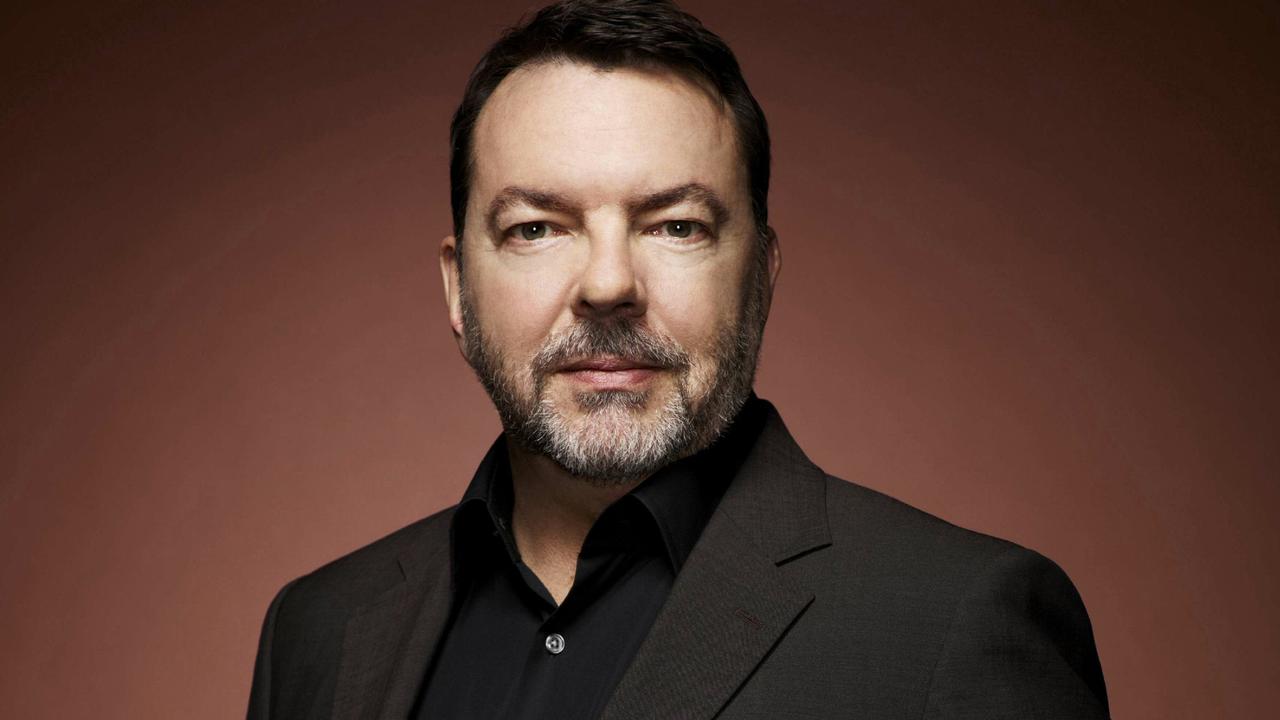
RELATED: Palm Springs is one of the best films of the year
Ball says that experience coming out to his mother percolated in his head for 25 years, and after a quarter of a century, he felt it was finally time to get it out on paper.
Given how closely he was drawing from his life, Ball admits there were “painful moments” in the writing process.
“I cried when I wrote it and I cried when I saw the editor’s first assembly after we had shot it. So, yeah, it’s painful. But what’s a little pain?
“I think it’s something I needed to do. I needed to express all that. You never really fully recover from something like that, but you learn how to live with it and how to peacefully coexist.
“When you have trauma and grief in your life, you just have to make room for it because it’s going to be there sporadically throughout life.”
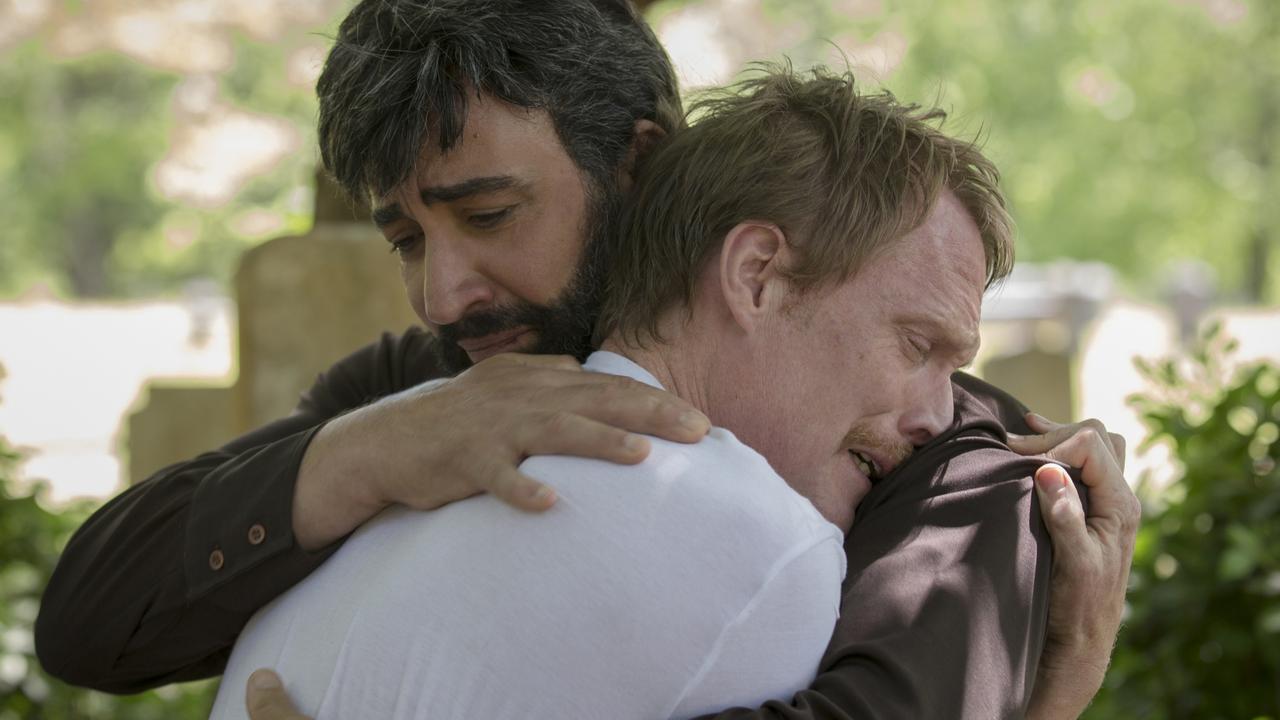
One of the most moving scenes in Uncle Frank is inspired by that moment Ball mentions earlier, of coming out to his mother. In the film version, Bettany’s Frank comes out to his mother, played by Margo Martindale, and it’s a redemptive, restorative and deeply heartfelt exchange.
But the screen version was very different to Ball’s real-life experience, with the drama serving almost as a wish-fulfilment emotional exorcism.
“My mother grabbed her head when I told her, like it was going to shoot off into space if she didn’t hold onto it. And she said, ‘God has dealt me some blows in this life’. She eventually came around and she was great about it and we were able to have a real relationship before she died.”
His mother had told Ball, before she died, that she believed his acclaimed series Six Feet Under was “good for gay people” but that she had found American Beauty “filthy, filthy, filthy”.
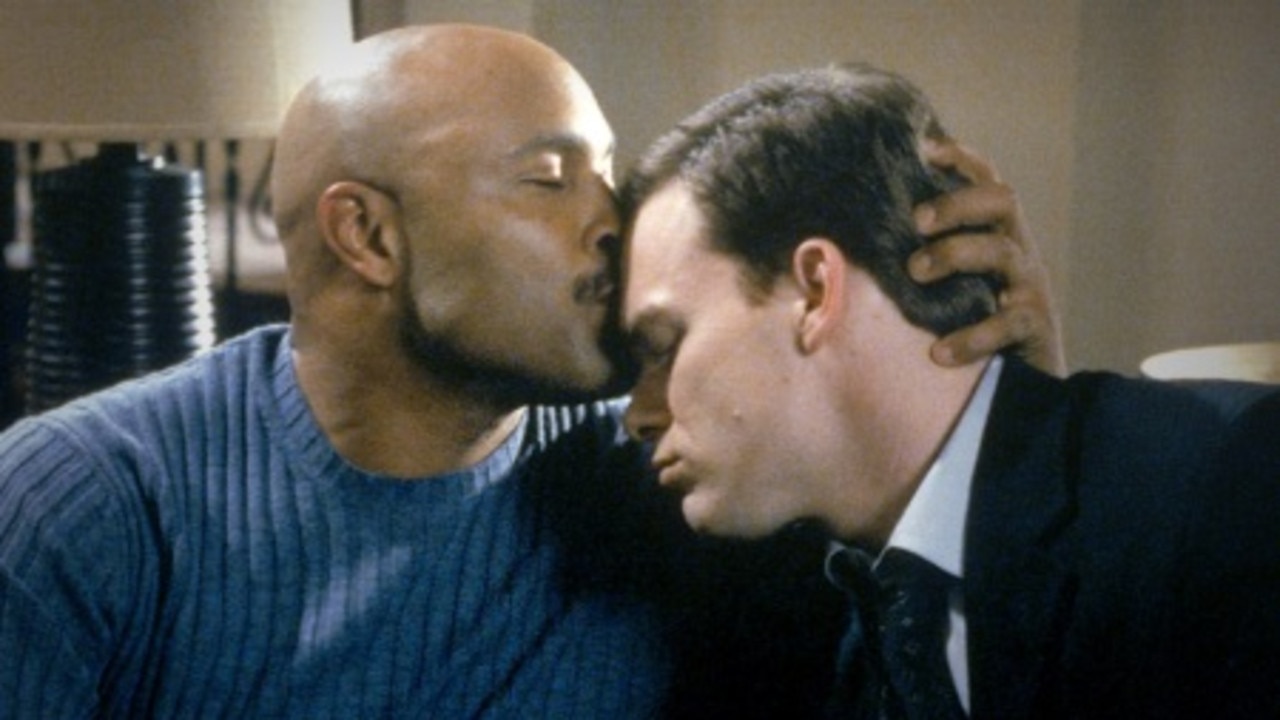
RELATED: ABC reveals new TV shows for 2021
A key characters in Six Feet Under was closeted gay brother David Fisher, whose repressed sexuality was one of the series’ key character arcs. Over five seasons, he found a sort of peace and happiness about who he was.
When the series premiered in 2001, it was still rare for a character in a mainstream TV series, even a cable show, to be gay.
“In my own work, I’ve seen queer characters go from existing on the periphery – the next door neighbours in American Beauty, the gay waiter on Cybill – to being part of the ensemble – David Fisher in Six Feet Under, Lafayette and Tara in True Blood, Ramon in Here and Now – to being the central character in Uncle Frank.
“I think gay characters and stories have become more common, something that doesn’t stand out. And I like that gay characters seem to be more than just their sexuality, as that is something I’ve always strived for in the gay characters in my own work.”
Ball says he believes his mother would have liked Uncle Frank, but would’ve felt it revealed too much about his father.
“Uncle Frank is definitely not my father’s story, but it is a sort of homage from me to something that may have happened.”
Uncle Frank is streaming now on Amazon Prime Video
Share your movies and TV obsessions | @wenleima


